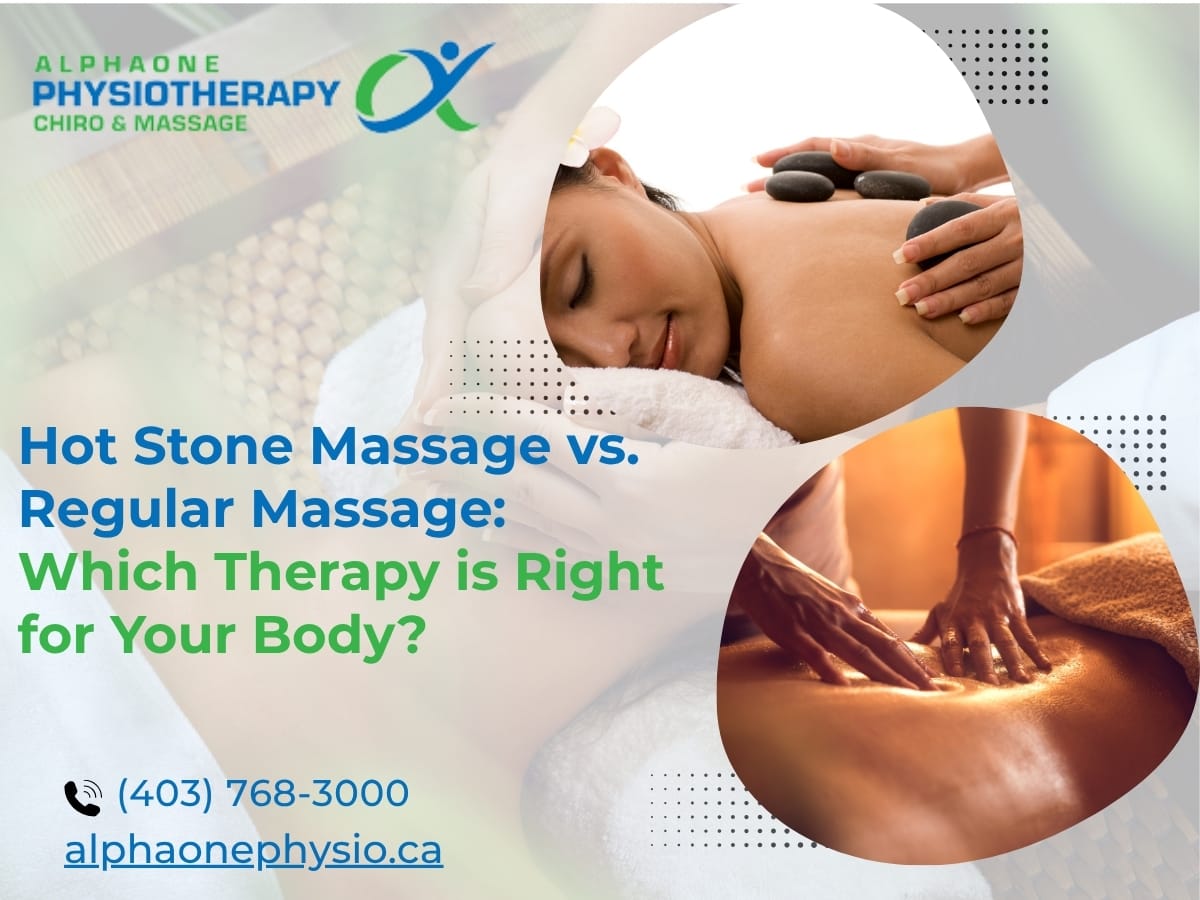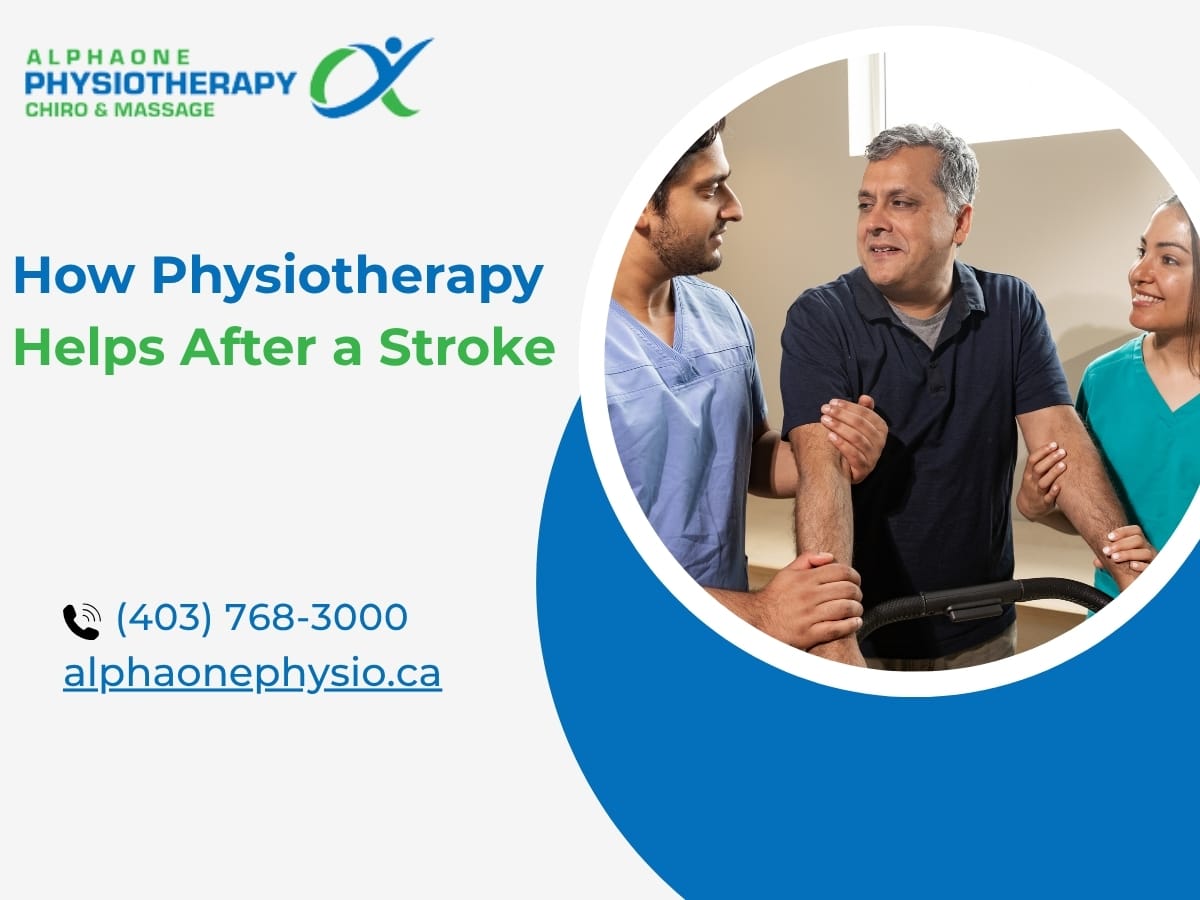Are you experiencing discomfort in your shoulders interfering with your daily activities? The shoulder is a complex system of joints, tendons, and muscles that enables a remarkable range of motion in the arm. From the everyday act of scratching your back to the precise movements required for throwing a baseball, the shoulder is a pivotal part of our physical capabilities.
In this article, we will explore the common causes of shoulder pain and discuss potential Shoulder Pain Treatment options to help you understand and address these concerns. Whether your pain is temporary or persistent, knowledge about its origins and available treatments is a vital first step toward finding relief and enhancing your shoulder’s Function.
What Are the Common Shoulder Problems?
Common shoulder problems encompass a range of conditions and issues that can lead to discomfort, pain, and limited mobility in the shoulder joint. Here are some of the most prevalent shoulder problems:
- Rotator Cuff Tears: Rotator cuff tears involve damage to the tendons and muscles that stabilize and move the shoulder joint. These tears can result from acute injuries or the wear and tear of aging.
- Frozen Shoulder (Adhesive Capsulitis): Frozen shoulder is characterized by a significant reduction in movement. It often leads to pain and stiffness, limiting the ability to perform everyday activities.
- Shoulder Fractures: Shoulder pain is a common problem affecting people of all ages. It can range from a dull, persistent ache to sudden, intense pain. Common shoulder problems include tendinitis, bursitis, rotator cuff injuries, and dislocation.
- Shoulder Dislocations: A shoulder dislocation happens when the upper arm bone pops out of the shoulder socket. This leads to shoulder instability and pain.
- Impingement Syndrome: Impingement syndrome occurs when the rotator cuff tendons rub against the shoulder blade, leading to pain, particularly during overhead movements. It can be related to repetitive activities and is sometimes seen in people with diabetes.
- Shoulder Instability: A loose or wobbly feeling in the shoulder joint characterizes shoulder instability. It can result from repeated dislocations or ligament damage.
What are the Symptoms of Shoulder Problems?
Symptoms of shoulder problems can vary depending on the specific issue, but they often include one or more of the following:
- Pain: Persistent or intermittent pain in the shoulder is a common symptom. The pain may be sharp, dull, or aching, ranging from mild to severe.
- Limited Range of Motion: Difficulty moving the shoulder through its full range of motion is a typical symptom. This may manifest as an inability to lift the arm, reach overhead, or perform specific movements without pain or stiffness.
- Weakness: The shoulder’s weakness can indicate various issues, such as rotator cuff tears or muscle atrophy. This weakness can affect the ability to perform everyday activities.
- Stiffness: Stiffness in the shoulder joint may make it challenging to move the arm freely. It is a common symptom of conditions like frozen shoulder.
- Clicking or Popping: Some individuals may experience clicking, popping, or cracking sounds in the shoulder joint when they move their arm. Listen closely because these sounds could be the symphony of deeper troubles.
- Swelling or Inflammation: The inflammation around the shoulder joint can result from arthritis, tendonitis, or bursitis. It may lead to visible swelling and discomfort.
How to Treat it?
To determine the exact cause of your shoulder condition, a healthcare professional will conduct a physical exam and review your medical history. In some cases, imaging and blood tests may be necessary for a comprehensive diagnosis. Treatment options for shoulder problems depend on the specific condition, severity, and individual factors. Some treatment options are:
- Rest and Activity Modification: In many cases, they can cause severe pain and discomfort and avoiding activities that worsen the symptoms can help the shoulder heal. Reducing or modifying specific movements can be beneficial.
- Physical Therapy: Physical therapy is a crucial component of treatment for many shoulder issues. Therapists can design exercises and stretches to improve shoulder strength, flexibility, and range of motion.
- Medications: Nonsteroidal anti-inflammatory drugs (NSAIDs) can help manage pain and reduce inflammation associated with shoulder problems.
- Corticosteroid Injections: For conditions involving significant inflammation, corticosteroid injections into the shoulder joint can provide temporary relief.
- Heat and Ice Therapy: Applying heat or cold packs can help alleviate pain and reduce swelling. Heat is often used before gentle exercises, while ice is beneficial after activity to reduce inflammation.
- Bracing and Support: Supportive devices, such as slings or braces, may be recommended to immobilize or stabilize the shoulder during the healing process.
- Arthroscopic Surgery: Arthroscopic surgery is a minimally invasive procedure that allows for the diagnosis and treatment of various shoulder conditions. It can involve repairing or removing damaged tissues.
Read Also: Top 5 Shoulder Pain Injury Conditions Treated with Physiotherapy
Conclusion
No matter the cause of your shoulder problems, AlphaOne Physio is here to provide expert physical therapy and support to help you regain your shoulder’s function and relieve discomfort. If you’re experiencing shoulder pain or limited range of motion, don’t hesitate to seek medical advice and explore your treatment options.
Treatment plans are typically tailored to the individual, considering the diagnosis, lifestyle, and overall health. The best approach may involve a combination of these treatment options. Working closely with a healthcare provider, such as an orthopedic specialist or physical therapist, is essential to determine the most suitable treatment plan for your shoulder problem.






